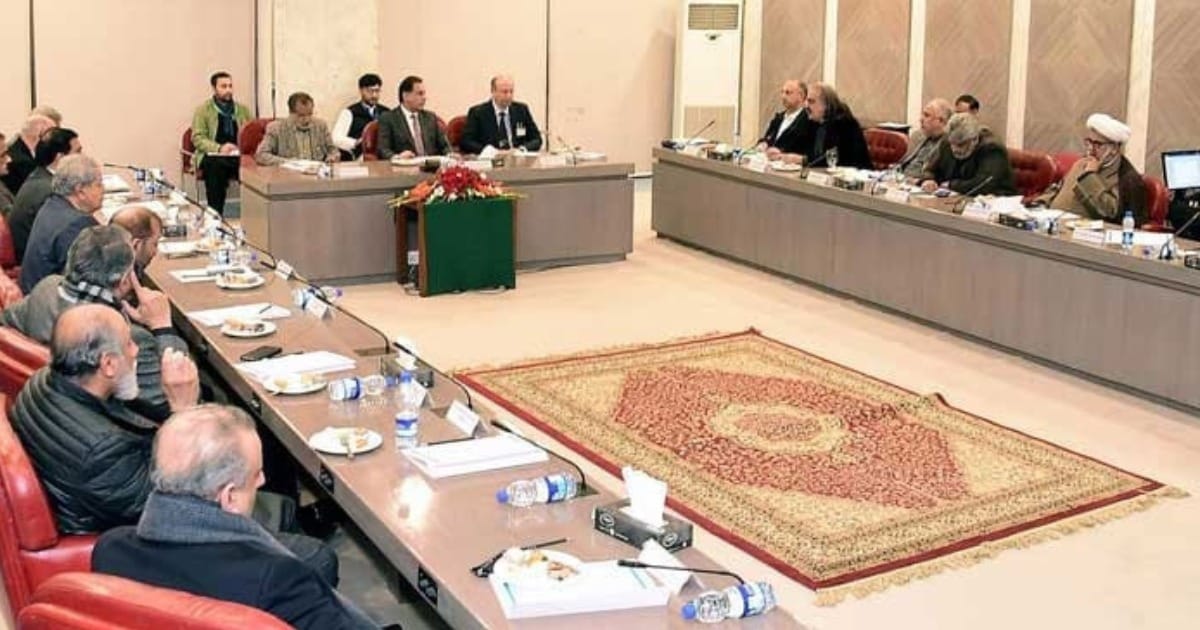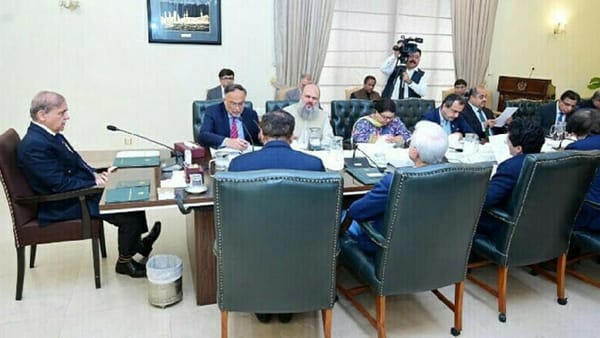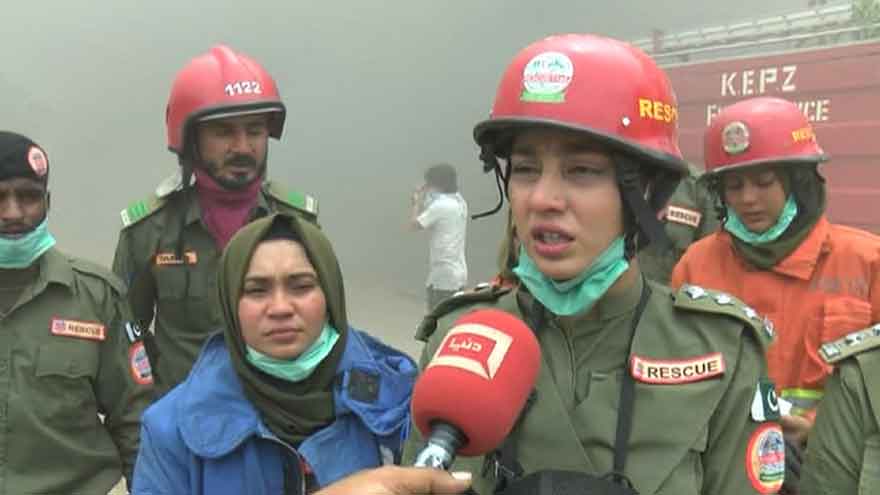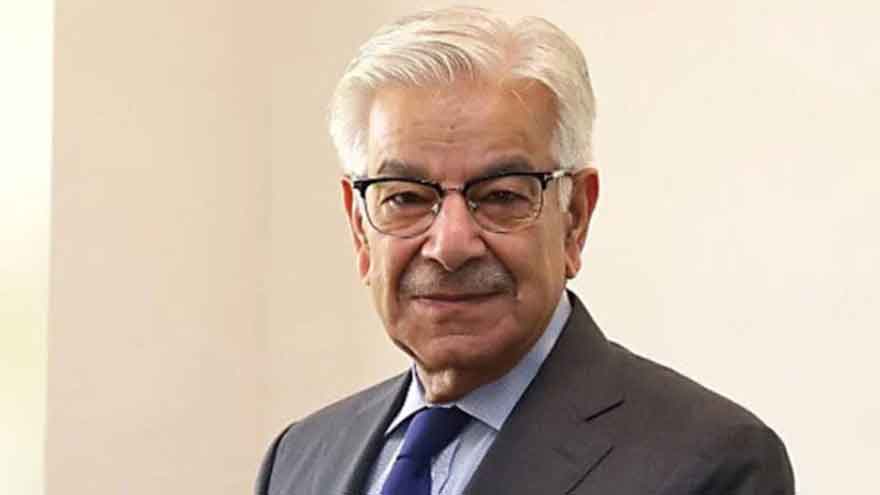Government-PTI talks come to an end after PM’s offer is rejected

Senator Irfan Siddiqui, spokesperson for the government’s negotiation committee, shared that the talks with Pakistan Tehreek-e-Insaf (PTI) have come to an end after PTI rejected Prime Minister Shehbaz Sharif’s offer to resume discussions. Speaking to Saudi Arabian media outlet Urdu News, Senator Siddiqui clarified that while the negotiations have concluded, there was no deadlock or breakdown; the committee tasked with the talks has simply been dissolved.
This announcement follows PTI’s decision to skip the fourth round of talks on January 28, citing the government’s failure to set up a judicial commission to investigate the May 9 riots and the November 2024 Islamabad protests, which PTI had outlined as part of their demands.
The dialogue began in late December after months of political tensions between the Pakistan Muslim League-Nawaz (PML-N)-led government and PTI. Although three rounds of negotiations were held in December 2024 and January 2025, the process hit a snag when PTI first stated that the talks had been called off by their jailed leader Imran Khan, only to later clarify that the talks were just suspended, not canceled.
When PTI skipped the fourth session, Prime Minister Shehbaz Sharif offered to form a parliamentary committee to advance the talks. However, PTI rejected the offer. “We reject Prime Minister Shehbaz Sharif’s offer to resume dialogue,” said PTI’s National Assembly Opposition Leader, Omar Ayub, during an appearance on Geo News’ *Capital Talk*.
Meanwhile, the government dismissed any rumors about “backdoor talks” between PTI and the establishment.
Senator Siddiqui expressed regret that PTI had rushed into negotiations and then left just as quickly. He noted that PTI’s demands, including the formation of a judicial commission, were intended to build trust, and the government had considered many of them. “We didn’t reject the demand for a judicial commission outright,” he explained, adding that legal advice had suggested it couldn’t be formed for cases already in court. Instead of rejecting the demand, the government suggested PTI consult with their lawyers and, if their concerns were addressed, find common ground.
Siddiqui highlighted that the government had been working on several confidence-building measures, though the specifics remain confidential. He clarified that the document they had prepared for this purpose was a working draft—not a final version—and that it could have been revised through further negotiations. Unfortunately, PTI pulled out before they could continue the discussions.
The senator also criticized PTI for its approach, which focused more on protests and aggression than on constructive dialogue and negotiation. “Whenever they engage in talks, they withdraw with the same aggressive approach,” he said.
Regarding PTI’s demands for the release of its leaders and workers, Siddiqui explained that while the names were not written down, PTI had verbally requested the release of figures like Imran Khan, Shah Mahmood Qureshi, and others. He emphasized that there was no other way to secure their release, and that was the only demand PTI made during the negotiations.
This round of talks has ended, but the lingering sense of frustration from both sides underscores the deep political divisions in the country. For now, it seems the dialogue has reached an impasse, leaving many hoping that, despite the setbacks, future efforts might lead to a resolution.




